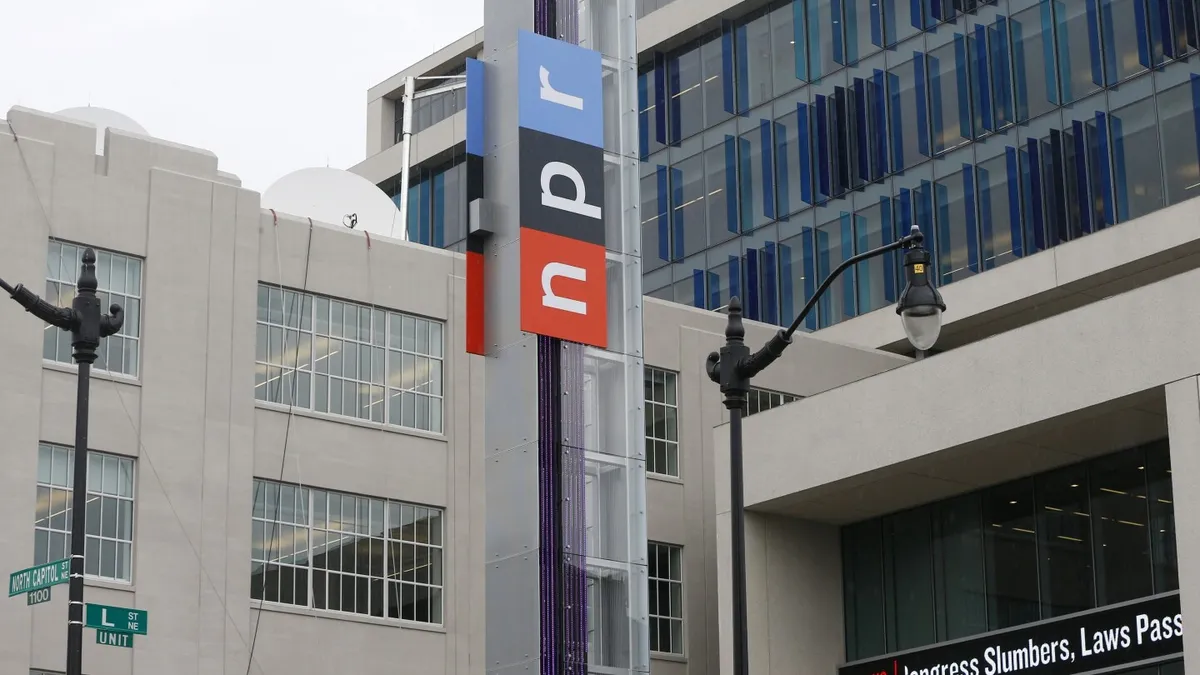
In a recent and highly charged hearing, House Republicans are intensifying their campaign against the nation's public broadcasting system. Representative Marjorie Taylor Greene from Georgia urged for the dismantling and defunding of public broadcasting, asserting that “we believe that you all can hate us on your own dime.” This statement came in the wake of President Donald Trump's vocal support for cutting federal funding to these services, marking a significant threat to public broadcasting since its inception in 1967.
Public broadcasting, which relies on approximately half a billion dollars in funding through the Corporation for Public Broadcasting, faces mounting challenges. Critics, particularly within the Republican Party, have voiced concerns about perceived left-leaning biases in PBS and NPR programming. Historically, efforts to eliminate or reduce funding have faltered, as many legislators recognize the importance of local stations—especially the 336 PBS stations, which are crucial for rural communities that heavily depend on taxpayer support.
The hearings are part of a broader strategy by the Trump administration to confront and challenge the American media landscape. This week, Trump criticized The Atlantic for publishing private communications related to a military operation, while also taking actions against Voice of America and excluding The Associated Press from White House events. These maneuvers reflect a continued effort to sanction media organizations that the administration deems unfavorable.
During the hearing, several Republican lawmakers expressed deep dissatisfaction with what they perceive as bias, particularly within NPR. Kentucky Representative James Comer shared his nostalgic experiences of listening to NPR while farming, claiming the network now feels like “propaganda” rather than news. Greene also raised issues about PBS content, citing a controversial “drag queen” image related to children’s programming, which PBS CEO Paula Kerger clarified was a web error and not part of any broadcast.
Democratic representatives criticized the hearing, arguing it distracts from more pressing issues. Massachusetts Representative Stephen Lynch remarked, “If shame was still a thing, this hearing would be shameful.” Other Democrats lightened the mood with humor, as California Representative Robert Garcia jokingly questioned the political affiliations of the beloved character Elmo.
In the face of criticism, NPR President Katherine Maher admitted to previous missteps, including downplaying the significance of Hunter Biden's laptop. She expressed regret over her past anti-Trump tweets and emphasized efforts to present a range of political perspectives. However, internal documents revealed a significant drop in NPR's weekly listenership, plummeting from 60 million to 42 million between 2020 and 2024, although Maher noted a slight recovery in recent months.
With funding cuts looming, Maher acknowledged that the loss of public money would severely impact NPR's operations, while Kerger highlighted the essential role of PBS in providing educational programming for children. She expressed concern for the survival of smaller stations, stating, “This is an existential moment for them.”
After the hearing, the Committee to Protect Journalists defended NPR and PBS as vital public services, with CEO Jodie Ginsberg warning that labeling them as propaganda machines poses a threat to the crucial reporting needed by Americans to make informed decisions about their lives.